The Arctic Ice Project have ideated a new and “innovative” way to reduce the reflexivity of the sunlight from ice (also known as albedo effect) in the Arctic by spraying miniscule glass beads over the fast dwindling regions of the Arctic so that the glass reflects the sunlight instead of ice and the rate of ice-melt and subsequent ice-loss is decreased. Pilot studies have been conducted in Minnesota, US and in Canada yielding positive results. By spraying glass beads which are 65 micrometers in diameter and are thinner than human hair, the team led by Leslie Field is trying to break the feedback loop and start rebuilding the Arctic ice.
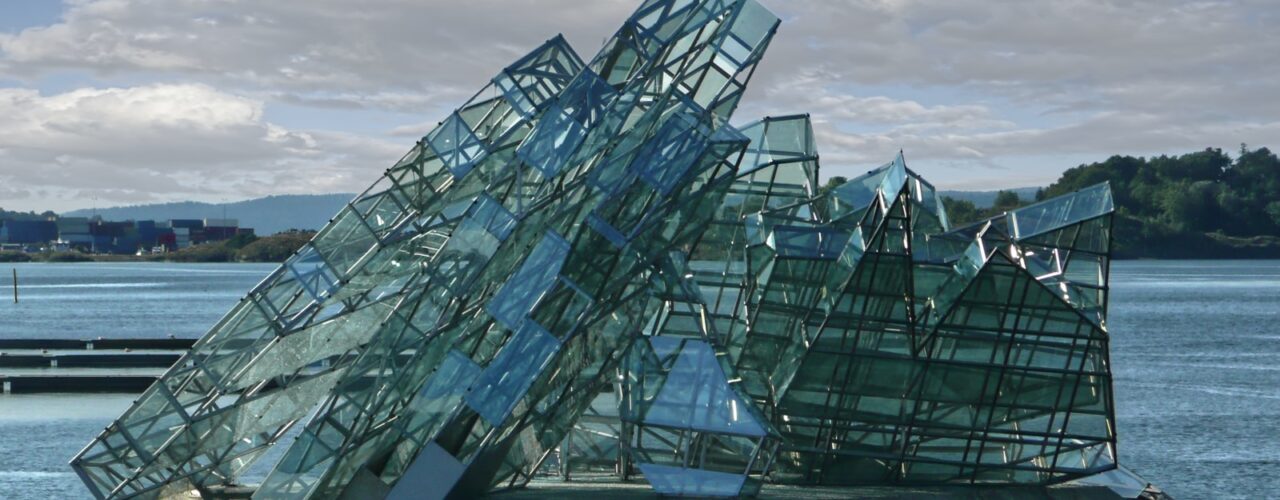
So what?
With the marked increase in carbon release over the last decade and the carbon budget slowly running out, geoengineering techniques promise to be a way out to solve the imminent climate crisis. Technologies like Carbon Capture and Storage (CCS) or Direct Air Capture (DAC) are still at a nascent stage and requires huge capital inputs for scalability, which in itself is not quick enough if we are to limit warming to 1.5-2 degrees C.
Weathering has emerged as a potential geoengineering technique and while basalt sediments have proven to be good at sequestering carbon, the same might be a difficult proposition for icy regions as it cannot reflect light as well as due to the cost factors associated with extraction, crushing and transportation of sediments. In such a setting, the usage of glass or silica sediments might be a fruitful venture and reduce the albedo effect from the ice thereby reducing the adverse impacts from melting of the polar ice-caps.
However, what impact will it have on the marine aquatic ecosystem, whether it might disturb the fragile Arctic ecosystem and what will the bigger cost implications be if this process was to be scaled is yet unknown and hence, more research is needed to understand that.
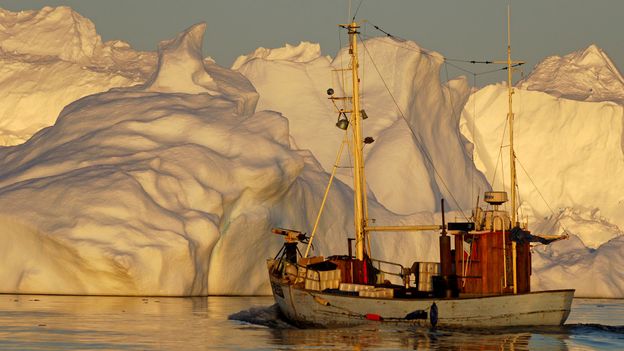
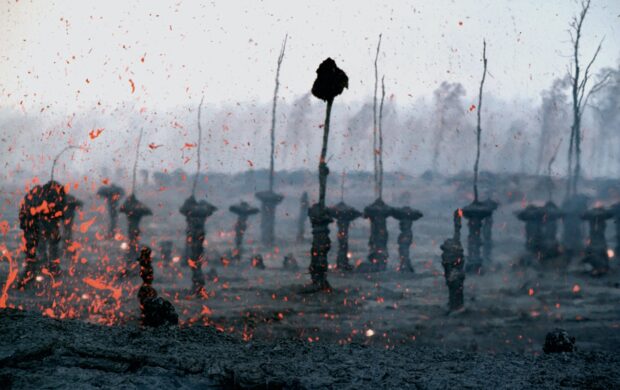

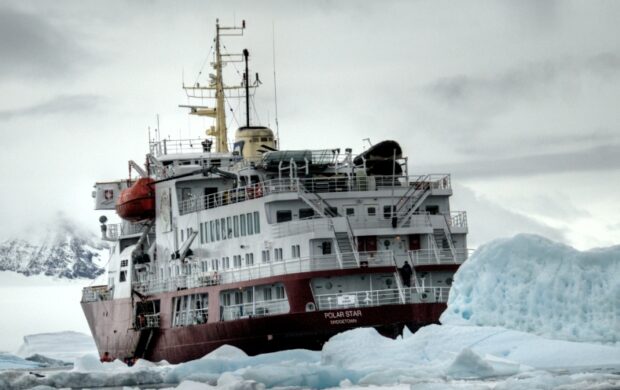

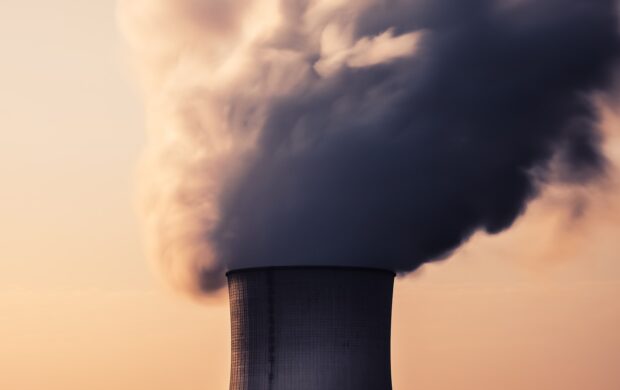




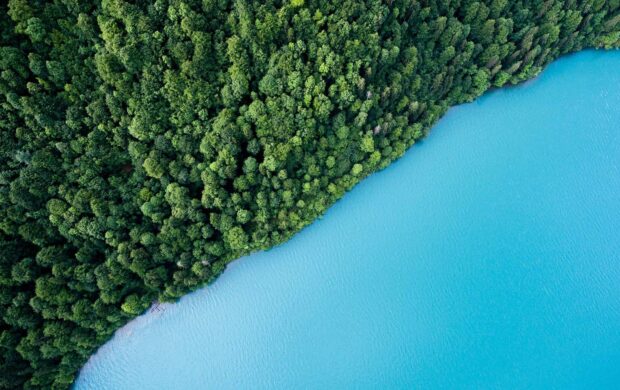



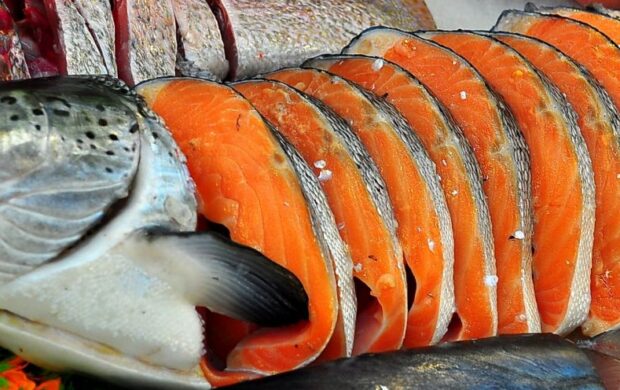

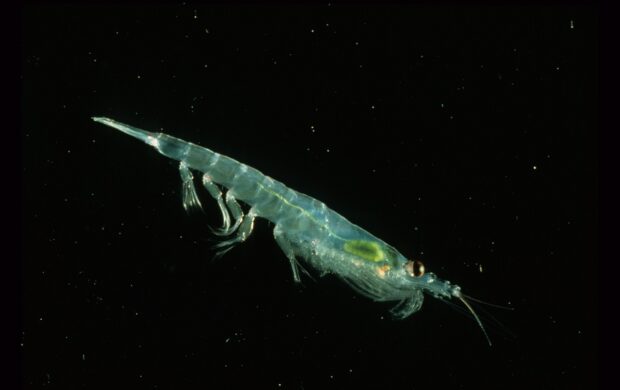
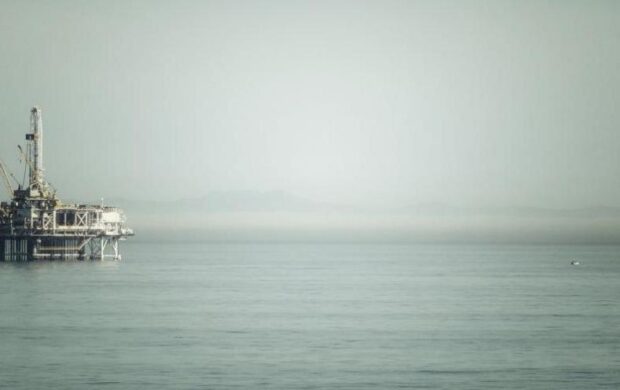



Join discussion